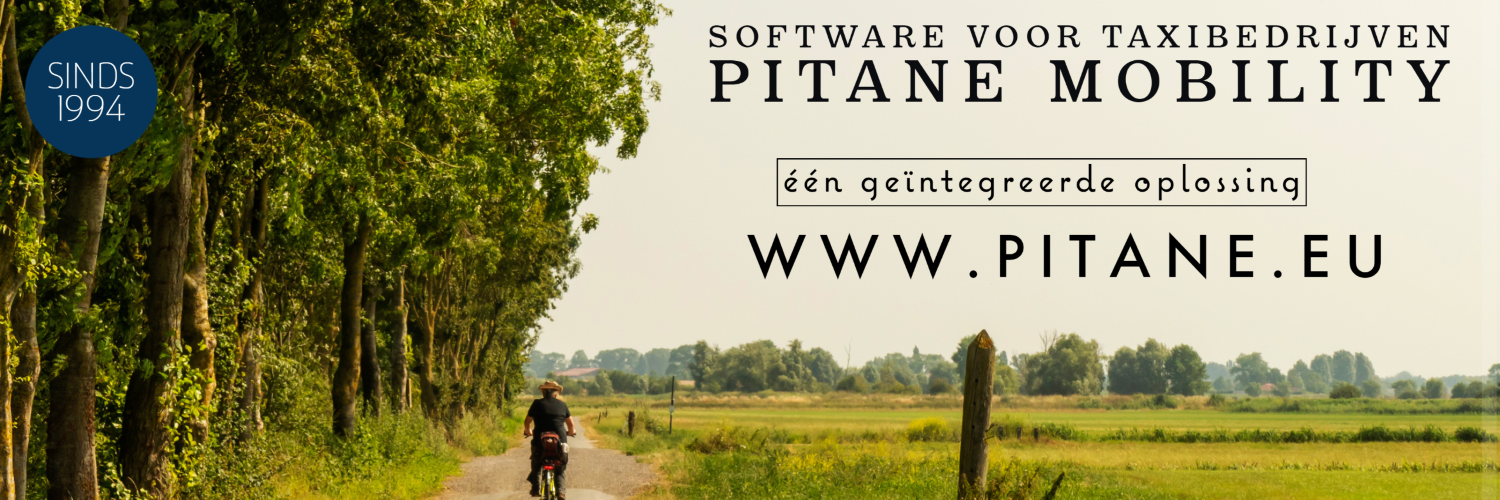The collaboration is an important step in guaranteeing safety and comfort in aviation,
The Dutch government and the sector have taken a significant step in the fight against disruptive passengers in aviation. A joint statement has been signed by key players, including Royal Schiphol Group NV, Transavia, KLM, TUI, Corendon Dutch Airlines, the Public Prosecution Service, and the Royal Military Police, to put an end to the growing problem of passengers causing nuisance.
This collaboration aims to reduce the safety risk posed by such passengers. It is known that unrest in the air is not only a security threat, but also causes inconvenience to other travelers, and in some cases leads to flight diversions and delays. The government and aviation sector are joining forces to address this problem, with the Netherlands being the third European country to sign such a declaration, after Norway and Ireland.
An important aspect of this approach is the introduction of a digital declaration form since May, which allows flight crew to easily report disruptive passengers. The focus is on tackling aircraft misconduct and making all aviation employees aware of the resources available to contribute to this.

Work is also underway to improve training for airline and airport staff to better prepare them to deal with such incidents. In addition, the possibility of sharing information about disruptive passengers between Dutch airlines is being investigated, taking into account the privacy rights of passengers.
Minister Mark Harbers emphasizes the importance of this collaboration: “Flying is one of the safest forms of transport. The fact that there are people who misbehave on an aircraft and thus endanger the safety of passengers and staff is unacceptable." The minister underlines the need to jointly further reduce these incidents, given the increase in such cases.




